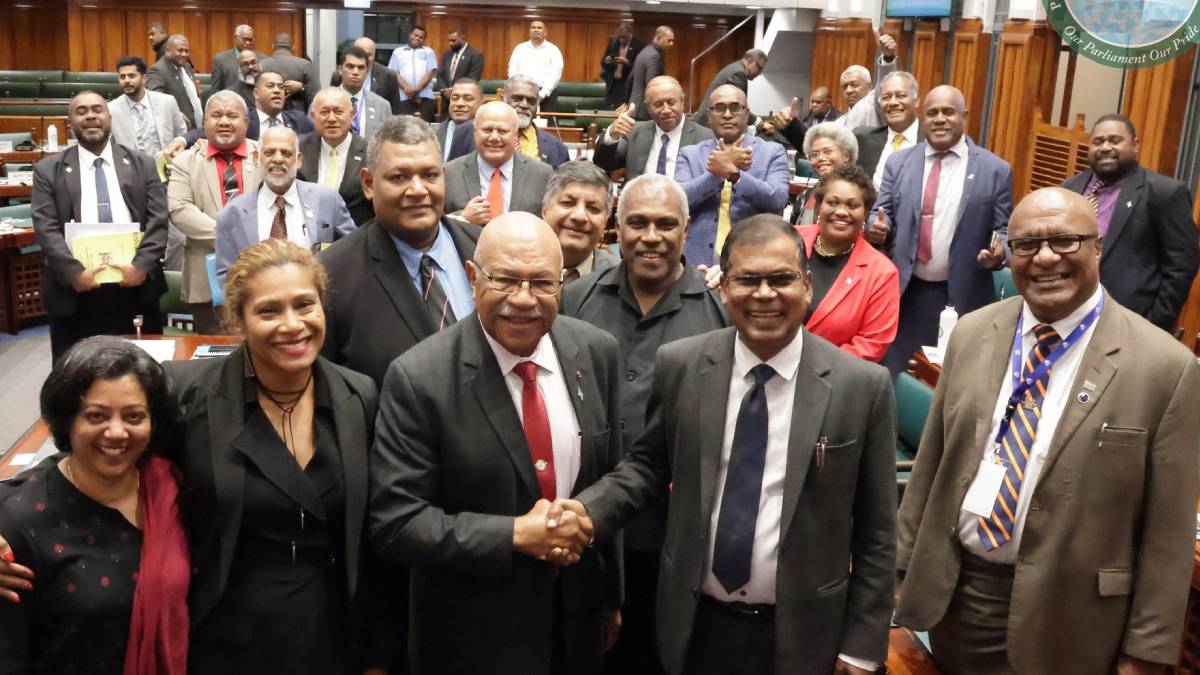
Serious concerns continue to be raised on the impact of HIV, as eight children were part of the 126 people who died from HIV-related illnesses in the country last year.
This was revealed by UNAIDS Pacific Adviser Renata Ram at the Fiji Medical Association's 2025 North Mini Conference held at the Ramada Hotel in Labasa highlighting the urgent need for stronger, more accountable, and innovative health systems.
Ram describes Fiji’s HIV situation as worsening, making this year’s conference theme, Future-Proofing Healthcare Standards in Fiji: Accountability, Ethics and Innovation, critically important.
She says in 2024, Fiji recorded its highest-ever annual total of HIV cases — 1,583 new diagnoses — representing a 281 percent increase from 2023, when 415 cases were recorded, and more than a 500 percent increase compared to 2018 when just 131 cases were reported.
Ram says 1,542 cases were recorded among adults, and even more concerning is that 41 children were diagnosed — 32 of them through mother-to-child transmission — compared to just 11 child cases in 2023.
She says these numbers are not a sign of improved testing — they reflect a true surge in infections.
She adds that most people are being diagnosed late, with advanced illness, which signals that prevention, testing, and treatment systems are simply not reaching people in time.
The UNAIDS Pacific Adviser says more than half of the new infections are among young people, with rising links to injecting drug use and high-risk sexual behaviour — issues often hidden due to stigma and fear.
She adds this growing crisis is more than a health problem — it reflects deeper social challenges, including poverty, gender-based violence, and discrimination in access to care.
Ram praised the Fiji Government's recent announcement of a $10 million budget allocation to support the national HIV response, calling it a bold and timely move that signals strong political will to protect the health and dignity of all Fijians.
She acknowledged the Fiji Medical Association for its critical advocacy, especially for sounding the alarm early on and pushing for the official declaration of the HIV outbreak.
She also raised concerns over delayed health-seeking behaviour, especially in the North, where people often turn to traditional medicine first or wait until symptoms worsen.
She urged the health community to bridge the gap between traditional and modern medicine and to find innovative, respectful ways to build trust and reach people earlier.
Stay tuned for the latest news on our radio stations

